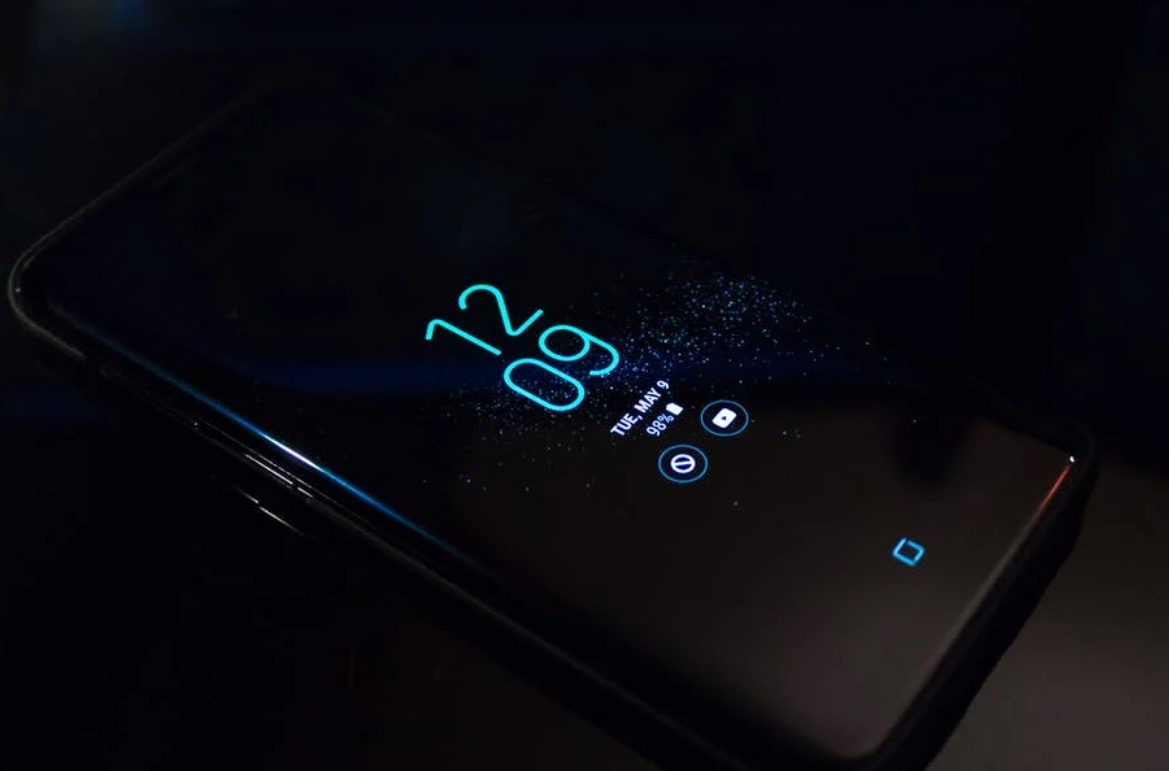Unlike Apple, which uses a closed source operating system, the Android system is open-source. As a result, various smartphone manufacturers can customise it to fit their devices. It is also possible for any developer to create an app for it. However, because of this flexibility and freedom, Android phones are more vulnerable to the dark side of the internet, such as viruses.
You can remain one step ahead of digital scam artists and keep your Android smartphone safe and secure with a few sneaky techniques and tricks. Here are some of the safeguards you should consider to keep your Android device safe.
Protect your phone with antivirus software
 You can add a layer of protection against malware and viruses by installing security or antivirus software on your phone. Antivirus software, such as Avira Antivirus Security, offers a variety of capabilities to keep your phone safe, including checking for viruses and hidden malware, uninstalling and blocking threats, and alerting you to potentially dangerous websites and downloads.
You can add a layer of protection against malware and viruses by installing security or antivirus software on your phone. Antivirus software, such as Avira Antivirus Security, offers a variety of capabilities to keep your phone safe, including checking for viruses and hidden malware, uninstalling and blocking threats, and alerting you to potentially dangerous websites and downloads.
Importance of protecting your phone with antivirus software
Mobile gadgets have become an integral part of a person’s daily activities, such as buying, selling, paying bills, and using them for educational purposes. As a result, most of us have more personal data on our mobile devices than our PCs. Contacts, mailing addresses, passwords, names, and essential banking information are all included in this database. All of this emphasises the necessity of mobile security in today’s society, as your phone is a valuable target for hackers.
Keep your Android updated
The first step is to ensure that your device is running the most recent version of Android OS. Android system updates bring not just exciting additional features but also improved security and bug fixes. To confirm that your smartphone is running the most recent version of Android, go to Settings, System, Advanced, and System update. You’ll be able to see what version of Android you’re using and whether or not there’s a new update available.
Manage your app permissions
 Some of the apps you download may require access to various sections of your phone, but you have complete control over whether or not you allow them to do so. The majority of apps have a good reason to access your phone. A web browser, for example, will require access to the internet, while a photo-sharing software might need access to your photos. Most apps will ask for permission before accessing sensitive areas of your phone, but others may not. To manage your app rights, browse to the Play Store’s app permissions section and choose which apps have access to what. If you’re worried about a specific app obtaining personal information, remove it.
Some of the apps you download may require access to various sections of your phone, but you have complete control over whether or not you allow them to do so. The majority of apps have a good reason to access your phone. A web browser, for example, will require access to the internet, while a photo-sharing software might need access to your photos. Most apps will ask for permission before accessing sensitive areas of your phone, but others may not. To manage your app rights, browse to the Play Store’s app permissions section and choose which apps have access to what. If you’re worried about a specific app obtaining personal information, remove it.
Avoid apps that are not from the Google Play Store.
Google Play Store has numerous apps that increase the efficiency of your Android experience and are enjoyable. Their range of apps is vast, from well-known social media apps, niche apps for specialized hobbies, to the best free VPN for Android, and more. You can, however, download apps that Google refers to as “unknown apps” outside of the Play Store. These apps are usually restricted by default, but you can download them if you grant permission. It is not advisable to download and install programs from unknown sources (such as a popup website or an email), as they may contain viruses that can be used to steal data or damage your phone.



























